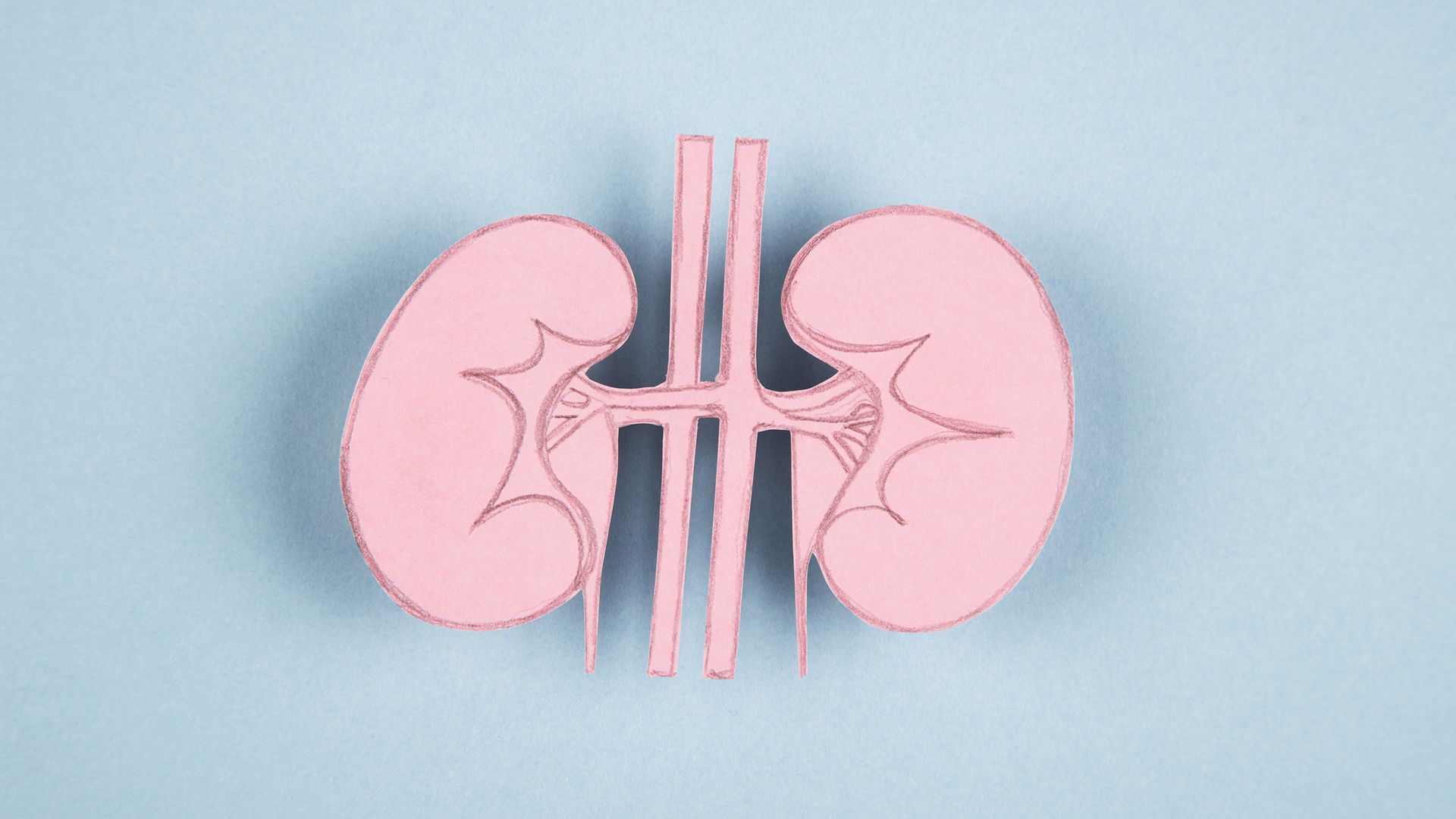Anyone living with type 2 diabetes knows that nutrition plays an important role in managing the condition. Keeping blood glucose levels under control is the cornerstone of managing type 2 diabetes, and good blood glucose control starts with the foods that go into your body.
Additionally, people with type 2 diabetes need to consider the ways the condition can damage the heart, blood vessels, nervous system, and other parts of the body—and eat foods that promote healthy blood pressure and cholesterol levels.
Diabetes and the kidneys
The kidneys are another pair of organs that can be impacted by having type 2 diabetes. The Centers for Disease Control and Prevention (CDC) estimates that 170 people with diabetes—both type 1 and type 2—begin treatment for kidney failure each day.
Chronic kidney disease (CKD) occurs when there is long-term damage to the kidneys, and as a result, the kidneys can no longer effectively filter waste and fluid from the blood. This can lead to higher blood pressure and fluid retention. It can also lead to imbalances of nutrients in the body (more on these below) as well as the buildup of waste—which is produced when cells break down food and metabolize nutrients.
People who have diabetes and chronic kidney disease will need to make additional changes to what they eat to protect their kidneys from further damage.
Nutrients that can harm the kidneys
There is no substitute for working with a healthcare provider to come up with an eating plan to help manage type 2 diabetes and protect your kidneys. Anyone with diabetes should strongly consider working with a registered dietitian.
It is also helpful to understand how different foods and nutrients can impact the health of your kidneys.
- Salt and sodium. Too much sodium increases blood pressure and fluid retention, which causes further damage to the kidneys and can also damage the vascular system and heart. Significantly limit eating takeout, restaurant food, and pre-packaged foods (for example, soups), which tend to contain higher amounts of sodium.
- Phosphorus. Your body needs this mineral to stay healthy (especially your bones). When kidneys are healthy, they can filter out any excess amounts. When the kidneys are damaged, excess amounts stay in the blood, which can damage bones, blood vessels, the heart, the lungs, and the eyes. Phosphorous is found in a wide variety of foods—which again highlights the value of working with a registered dietitian. Your healthcare providers can also check the level of phosphorus in your blood.
- Potassium. Another nutrient your body needs to stay healthy, that can be toxic to the body when levels are too high. Potassium is needed to regulate signaling between nerves and muscles, including heart muscles. Healthy kidneys filter out excess potassium and make a hormone that helps control potassium.
- Protein. The body needs protein to repair cells and make new cells, including blood cells. Therefore, people need good sources of protein in their diet. However, diets that are too high in protein can worsen kidney disease—the kidneys may not be able to properly filter out waste that is produced when protein is metabolized. Certain protein sources will be better options than others.
Work with a healthcare provider
Do not make major changes to your diet without consulting your healthcare provider.
Good nutrition requires balance. High levels of potassium, sodium, phosphorus, and protein can be damaging to the body. Levels that are too low can cause a different set of serious complications.
In addition to discussing what you eat, you should also discuss how often you exercise, your cardiovascular health, and any medications you take, including supplements. This includes herbal supplements, which may contain ingredients that can cause further damage to the kidneys and may interact with medications.
You should also discuss your treatment options. People with type 2 diabetes often require medications to help keep blood glucose levels under control. Certain medications for type 2 diabetes may offer additional protection for the heart and kidneys.






